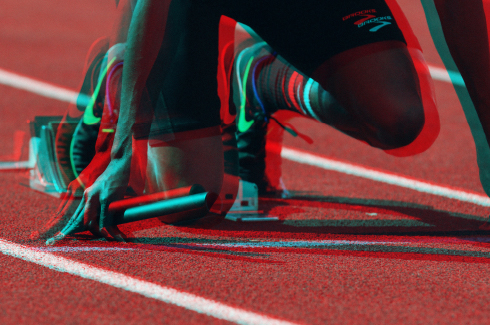For top performers, pressure can be a stimulant rather than an enemy to performance. Unless we’re exposed to increasing levels of pressure, it’s unlikely we’ll raise our game. This is the difference between the mediocre and the elite. Whether it’s in sport or in sales, in the classroom or learning to ride a bike, we will only improve if we’re prepared to raise the stakes.
The coach’s perspective
As a coach or manager there are two key questions you need to ask yourself.
- How can I raise pressure in a practice to help to develop the high performing mental skills needed?
- How do top performers deal with the discomfort that ‘pressure’ creates?
The performer’s perspective
We don’t get better without pushing ourselves or having someone else – a coach, teacher, or fellow competitor – push us. Discomfort and pressure go hand in hand with improving performance. Though logically we might know this and be excited by the prospect of getting better, sometimes we stumble when it comes to managing our discomfort.
Whether you’re an athlete, public speaker or anyone else who is required to deliver under pressure, if you start feeling nervous or hot and tense under pressure, you’re likely to become overwhelmed with unhelpful thoughts or feelings.
In reality ‘nerves’ are normal –it’s the body preparing itself for this ‘event’. If we learn to accept what is happening and reframe the unhelpful labels, then these feelings become something else. We embrace them because we recognise it’s just our normal process and may actually help us to perform at our best.
Recognise, Accept and Choose
All too often we push these thoughts or feelings away and, of course, they keep coming back because they want to be heard. We need to accept them, recognise them for what they are and focus our attention on what to do.
We call this moving from Red to Blue – Recognise, Accept and Choose. You have control over where you choose to put your attention. With practise – because it is a skillset – this can be done very quickly and enable us to be comfortable with pressure and manage our responses to it. This idea of being comfortable with being uncomfortable, or embracing the discomfort, is a key point in elite performance. Pressure is vital if we want to keep improving.
